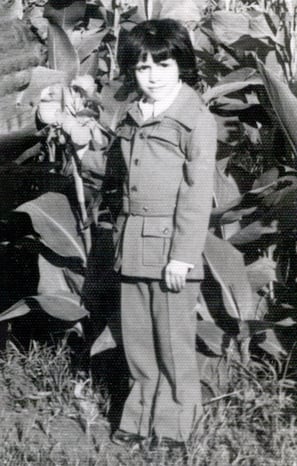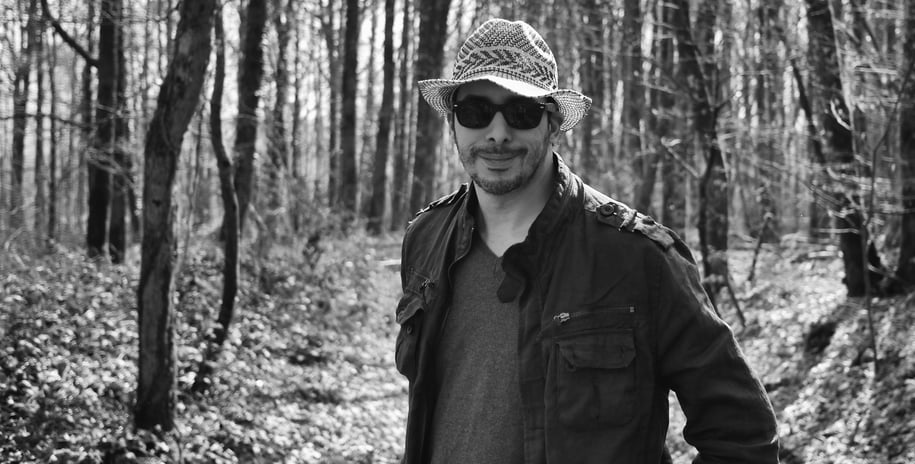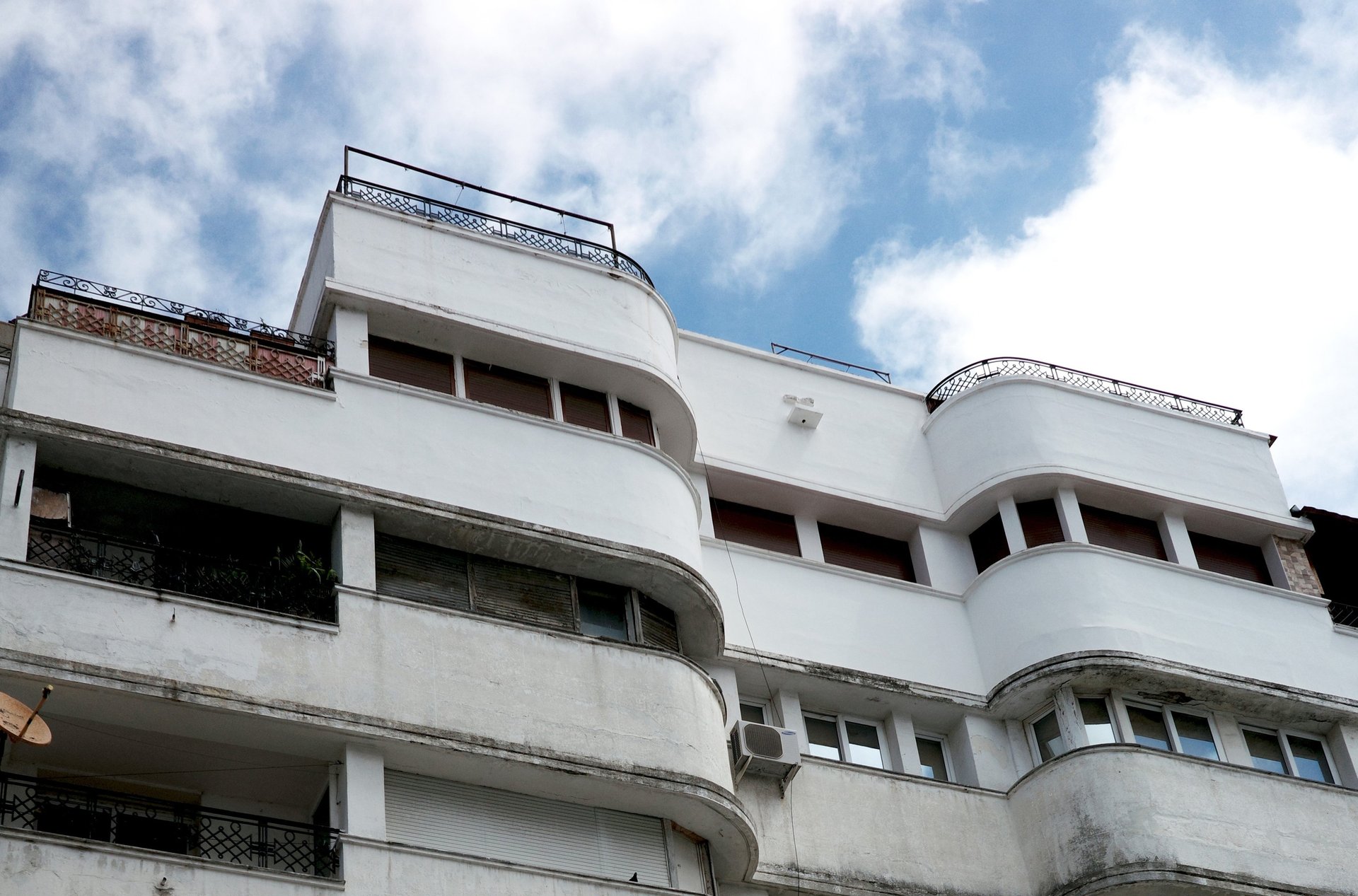
The Foundation mounir fatmi's primary mission is to encourage innovation and experimentation in artistic practices by supporting forward-thinking projects. By promoting contemporary art in Morocco, the Foundation is committed to fostering artistic creativity through various initiatives such as exhibitions, artist residencies, grants, and artistic laboratory programs. Another essential objective of the Foundation is the preservation of the works and archives of the artist mounir fatmi, ensuring that his artistic legacy remains a source of inspiration for future generations. In addition to these core activities, the foundation is dedicated to facilitating dialogue and collaboration between artists from different cultural backgrounds. Through international partnerships and exchanges, the Foundation seeks to broaden the horizons of Moroccan artists and introduce global audiences to the rich and diverse contemporary art scene in Morocco.
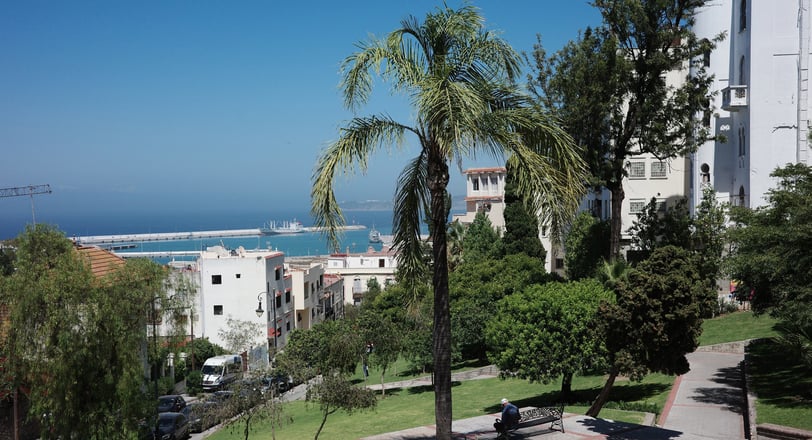

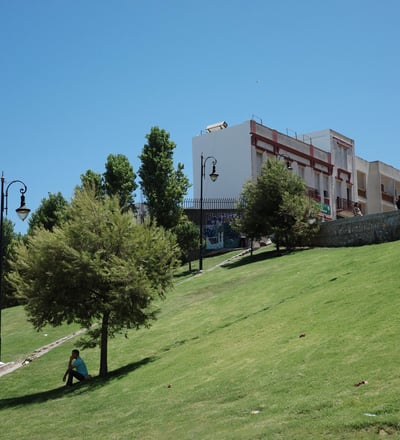


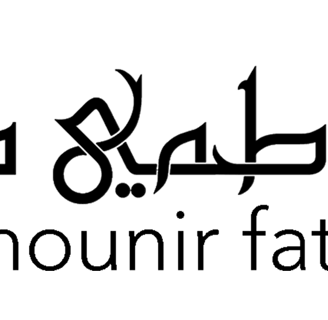
Tangier, ©Foundation mounir fatmi, 2023
The Foundation also places a strong emphasis on educational outreach, believing that art can be a powerful tool for social change and personal development. By organizing workshops, lectures, and community projects, the Foundation aims to make contemporary art accessible to a wider audience and inspire the next generation of artists and art enthusiasts. By supporting both emerging and established artists, the Foundation mounir fatmi aims to create an environment conducive to artistic expression and the dissemination of contemporary art in Morocco. The Foundation mounir fatmi strives to be a beacon of artistic innovation and cultural exchange, nurturing the creative potential within Morocco and fostering a vibrant and dynamic art community.
mounir fatmi
mounir fatmi was born in Tangiers, Morocco, in 1970. When he was four, his family moved to Casablanca. At the age of 17, he traveled to Rome where he studied at the free school of nude drawing and engraving at the Academy of Arts, and then at the Casablanca art school, and finally at the Rijksakademie in Amsterdam. He spent most of his childhood at the flea market of Casabarata, one of the poorest neighborhoods in Tangiers, where his mother sold children’s clothes. objects. The artist now considers this childhood to have been his first form of artistic education, and compares the flea market to a museum in ruin. This vision also serves as a metaphor and expresses the essential aspects of his work. Influenced by the idea of dead media and the collapse of the industrial and consumerist society, he develops a conception of the status of the artwork located somewhere between Archive and Archeology.
Casablanca, Tanger, ©Foundation mounir fatmi, 2023
"One thing is sure, mounir fatmi’s art is destabilizing, to the point of sometimes facing censorship. But it certainly won’t stop him from turning the world upside down and awakening consciences."
- Zyla Noémie, La Gazelle, N°55, 2014
By using materials such as antenna cable, typewriters and VHS tapes, mounir fatmi elaborates an experimental archeology that questions the world and the role of the artist in a society in crisis. He twists its codes and precepts through the prism of a trinity comprising Architecture, Language and Machine. Thus, he questions the limits of memory, language and communication while reflecting upon these obsolescent materials and their uncertain future. mounir fatmi’s artistic research consists in a reflection upon the history of technology and its influence on popular culture. Consequently, one can also view mounir fatmi’s current works as future archives in the making. Though they represent key moments in our contemporary history, these technical materials also call into question the transmission of knowledge and the suggestive power of images and criticize the illusory mechanisms that bind us to technology and ideologies.
Tangier, Palma de Mallorca



